Complete Guide to CBD Topicals
When shopping for CBD, it's essential to find the best product for your needs and your lifestyle. While CBD tinctures are often considered the most popular option, they are not right for everyone. A significant number of people prefer topical products, like CBD creams, lotions, gels, and salves.
Topical CBD products allow you to apply the therapeutic potential of the hemp plant wherever you need it most. This makes them ideal for targeting physical discomfort, like joint pain and muscle soreness. Use this guide to decide if CBD topicals are right for you.
What Are CBD Topicals?
To understand the therapeutic potential of CBD topicals, it's often helpful to know what CBD is and how it works.
CBD is the commonly used abbreviation for cannabidiol, one of the numerous cannabinoids found in cannabis plants. The health and wellness potential of CBD oil is explained by its ability to interact with the receptors of your endocannabinoid system. It's the interaction between the messengers and receptors of this essential communication network that influences nearly every function in your body, including pain perception and healthy skin function.
Topical CBD oil works differently than other CBD products. When you swallow a tincture, capsule, or other CBD edible, a significant amount of the plant-derived cannabinoids are metabolized by your liver. The remaining cannabinoids circulate through your bloodstream after passing through your digestive system. Since the cannabinoids you swallow must be processed through your digestive system, it can take hours to feel the effects, and some could be lost to digestion along the way.
The therapeutic potential of products like CBD creams and balms is due to the way the cannabinoids interact with the endocannabinoid system receptors directly within your skin. Since topical CBD bypasses your digestive processes, the effects of CBD topicals can be felt much longer than ingestible products. That's why topicals could be ideal for long-term relief from localized symptoms.
What Are the Benefits of CBD Topicals?
The phytocannabinoids in CBD oil mimic the functions of the endocannabinoids produced in your body. Endocannabinoids are the chemical messengers of your endocannabinoid system. Many researchers today believe the endocannabinoid system maintains homeostasis, the internal balance that all living organisms need for survival. That said, it’s believed that imbalances in the endocannabinoid system function can lead to disease.
It’s believed that imbalances in the skin's endocannabinoid system could facilitate the development of numerous skin conditions, including dermatitis, psoriasis, and even skin cancer. If you’re prone to skin issues, supplementing the endocannabinoid system with a topical CBD oil product could help maintain healthy skin function.
CBD is shown to calm irritation as it reduces discomfort. Knowing the following potential benefits of CBD topicals, and the many reasons people are using topical products could help you decide if a topical product could be your best option.
Reducing Pain and Skin Inflammation
Whether discomfort is caused by an intense workout or the effects of a chronic health condition, CBD oil is shown to work as effectively as many prescription and over-the-counter medications designed to alleviate pain and inflammation.
Our Top Trusted CBD Oil Pick
Joy Organics THC Free Gummies are our top CBD pick because of their potency and delicious flavor. Each gummy contains 10-25mg of organic CBD which helps you tackle whatever stresses life throws at you, on-the go. Interested shoppers can check out Joy Organics Gummies using the native shopping unit below. All purchases are made with and shipped directly from the brand.Since research suggests CBD oil has analgesic, antispasmodic, and neuroprotective properties that could alleviate the symptoms of numerous chronic pain conditions, many people are using CBD topicals for their potential to soothe overworked muscles, reduce the frequency or severity of muscle spasms, minimize the pain and inflammation of arthritis, and protect diseased joints from nerve damage and nerve pain.
The analgesic, antispasmodic, and anti-inflammatory effects of CBD oil are due to its effects on the endocannabinoid system receptors and several non-endocannabinoid receptors, including the GABA, serotonin, and dopamine receptors. CBD oil also triggers the production of anandamide, one of the two main endocannabinoid system messengers made in the body. The more anandamide available in your body, the less pain you will feel. Anandamide blocks pain signals by binding with CB1 receptors.
Alleviating the Discomfort of Chronic Skin Conditions
Healthy skin has an even texture, tone, and color. It feels neither too dry or too moist and does not itch, flake, or burn. Skin health and appearance is determined by its ability to shed old skin cells and generate new, healthy cells.
Topical CBD is shown to mimic the effects of lipids found in healthy skin and modulate key receptors known to soothe skin irritation and reduce inflammation. Since research suggests CBD oil targets so many factors integral to skin health, many people are using topical CBD for its potential to alleviate the discomfort of numerous skin conditions, including allergic dermatitis, sunburn, skin itching, seborrhea, eczema, and more.
Reducing the Symptoms of Psoriasis
Psoriasis is a chronic autoimmune disorder that affects the skin and joints. The visible symptoms of psoriasis are caused by new skin cells moving to the surface much faster than they should. The process of new skin cell generation that normally cycles throughout the month can occur within days for psoriasis patients. The acceleration of the skin cell life-cycle leaves those affected with patches of dry, silvery, scaled skin that can crack, itch, and bleed.
Research suggests topical CBD can improve the symptoms of many inflammatory skin conditions, including the uncomfortable symptoms of psoriasis. CBD oil is shown to reduce the symptoms of psoriasis by inhibiting the production of keratinocytes and reducing the accumulation of psoriasis plaques.
Balancing Oil Production and Clearing Acne
As the natural oil in your skin rises through your pores, it carries dead skin cells to the surface of your skin. When dead skin cells can't reach the surface, they clump, block your pores, and trap bacteria.
The blemishes, which present as acne, on the surface of your skin are the result of your immune system responding to the trapped bacteria. Many of the current treatments used to fight acne and blemishes can over-dry skin, cause irritation, and make breakouts worse.
Topical CBD products are shown to be quite beneficial for those living with acne-prone skin. CBD is believed to reduce the frequency and severity of breakouts by balancing oil production, reducing the inflammation that triggers breakouts, and calming irritation. The antimicrobial properties of cannabidiol (CBD) help to further minimize bacterial growth.
When selecting a topical CBD product for acne-prone skin, it's important to choose a product formulated with non-comedogenic oils. While natural oils like argan oil, jojoba oil, and coconut oil are well-known for their skin-soothing benefits, some people find coconut oil too heavy for their blemish-prone skin.
Protecting Skin from the Signs of Aging
Skin is a complex organ, an active structure that supports several “mini-organ systems,” oil glands, hair follicles, sweat glands, and an immune system. Over time, collagen and elastin production slows, and skin loses its ability to repair damage. The visible signs of skin damage include fine lines, wrinkles, hyperpigmentation, and loose, sagging skin.
The receptors of the endocannabinoid system are found in nearly every type of skin cell. Research suggests that activating the endocannabinoid receptors with topical CBD could protect skin from environmental hazards and possibly stall the signs of aging. Just a few of the many potential benefits of CBD oil for maturing skin include improving the turnover of skin cells, mimicking the function of natural skin lipids, balancing oil production to minimize dryness, and minimizing collagen loss.
Finally, as a powerful antioxidant, CBD protects and repairs skin cells damaged by factors like sunlight and pollution. It’s even shown to have more antioxidant potential than vitamin C and vitamin E, both well-known for their rejuvenating potential and ability to protect skin from free-radical damage.
How To Use CBD Topicals
Before buying any CBD topical products, talk to your doctor or dermatologist. It’s important that you consult with them beforehand to ensure you’re using CBD oil in the safest way possible.
If you have sensitive skin, are prone to allergies, or have a chronic skin condition, consider performing a simple patch test before applying a CBD topical liberally. Test for skin sensitivity by applying a small amount of your topical inside your elbow or behind your knee. Watch for any sign of reaction for 24 to 48 hours. Some sources recommend covering the test area with gauze or a bandage.
If you plan on applying a CBD topical cream to your face, you can perform a patch test on your forehead or jaw. If there is no reaction, the product is likely safe for your skin. If you have questions about patch-tests or any resulting irritation, consult your physician before using CBD.
If the patch tests go okay, you can move forward with using a CBD topical. CBD topicals are used much in the same manner as any other product applied to your skin. Like other topical preparations, CBD topicals should be used on clean skin. While using CBD topicals after a bath or shower may be ideal in some cases, using soap and water before every application is not necessary. A damp cloth will remove any sweat, product residues, or environmental pollutants that could keep the cannabinoids from penetrating your skin.
If you are using a CBD topical on irritated skin, simply rinse the area with water and gently pat dry. If you do not notice the effects you are looking for, wait for the product to absorb, then reapply.
Full-Spectrum, Broad-Spectrum, & CBD Isolate Topicals
While CBD oil can be sourced from marijuana, most of the CBD products sold to the general population are created from hemp extract. Before investing in a topical hemp-derived product, it's important to know there are several types of products to choose from.
CBD topicals can be made with full-spectrum CBD, broad-spectrum CBD, or CBD isolate.
The Benefits of Full-Spectrum CBD Topicals
Full-spectrum CBD contains all the additional cannabinoids, plant terpenes, and flavonoids found in the same ratios as the original plant, including trace amounts of THC (0.3% or less.). THC is the cannabinoid found in the cannabis plant that causes intoxication, or the “high”, often associated with marijuana use. However, full-spectrum hemp extract does not have enough THC to cause the same euphoric effect marijuana is known for.
Full-spectrum hemp extract is also a significant source of essential fatty acids, vitamins, and minerals. Many people believe full-spectrum products to be the most potent option because of an intriguing phenomenon known as the entourage effect. The theory of the entourage effect explains how each of the more than 400 plant elements in cannabis interact to intensify the effects of the others.
The Benefits of Broad-Spectrum CBD Topicals
Broad-spectrum CBD contains many of the potentially beneficial plant components of full-spectrum products with one crucial exception. A process called chromatography is used to remove the THC. Since broad-spectrum topicals contain many of the same active cannabinoids, terpenes, and potentially beneficial flavonoids as full-spectrum products, they are often preferred by those who would like the benefits of the entourage effect but want to avoid THC.
The Benefits of Topicals Made with CBD Isolate
CBD isolate is a flavorless, odorless powder, a purified form of CBD. All the additional cannabinoids, terpenes, flavonoids, and other plant elements have been removed. Products made with CBD isolate are often preferred by those who want a THC-free product or a topical that does not have the characteristic aroma of cannabis. CBD isolate can also be used to increase the potency of full-spectrum and broad-spectrum CBD oil.
Types of CBD Topicals
Once you have the “all clear,” from your doctor, and have patch-tested and prepped your skin, you will need to decide which type of CBD topical you’d like to use. In addition to deciding if you’d like to use a full-spectrum, broad-spectrum, or CBD isolate product, you’ll need to choose whether a salve/ointment, cream/lotion, facial product, or patch is best for your needs.
CBD Salves and Ointments
CBD salves and ointments are commonly formulated with oils and waxes to create a semi-solid substance. Since salve is not absorbed into the skin as easily as CBD cream or lotion, salves and ointments sit longer on the surface of your skin, so the effects are typically longer lasting.
Salves and ointments are usually the product of choice for CBD users looking for extended relief. Many CBD salves and ointments also contain other essential oils known for their pain-relieving potential.
For long-term, super-targeted pain relief, a CBD salve or ointment could do the trick. To use a CBD salve or ointment, simply apply a small amount to the painful area, making sure to rub it into the skin as best you can. The effects typically last up to 6 hours – reapply if needed.
CBD Creams and Lotions
Moisturizing creams and lotions commonly contain a combination of oil and water. They are formulated to hydrate skin while protecting from moisture loss. Many CBD creams and lotions are formulated with additional ingredients to enhance their rejuvenating potential and skin-soothing benefits. You may want to research any unfamiliar oils or plant extracts listed in your CBD cream to ensure you are selecting the best product option for your skin type.
For everyday, all-over use, a CBD lotion or cream serves as a nice moisturizer with the added benefits of pain relief and inflammation reduction. The pain-relieving and anti-inflammatory effects of CBD lotions and creams usually last 4 to 6 hours.
CBD Facial Oils and Serums
Facial oils provide intense hydration by creating a barrier between the moisture in your skin and the air. Oils prevent moisture from evaporating. Since CBD is fat-soluble, infusing natural oils with CBD aids cannabinoid absorption and delivery.
If you have dry facial skin, you might consider a CBD serum or facial oil. To use these products, it’s best to follow the instructions on the packaging. The amount and frequency you need to apply will depend on what the serum or oil contains and your own skin type.
Transdermal CBD Patches
When you wear a transdermal CBD patch, your skin regulates a continuous release of CBD into your bloodstream. Transdermal patches may be ideal for those who would prefer the health and wellness potential of an ingestible product but have difficulty using a tincture or capsule because of stomach pain, nausea, or difficulty swallowing. Transdermal patches are also favored by CBD users looking for continuous CBD absorption in a specific area of their body.
To use a transdermal patch, you just stick it on your skin, like a sticker, and let it go to work. Transdermal CBD patches can last anywhere from 24 to 48 hours. If you’re new to CBD, a transdermal patch may be too much to start with.
What Are the Best CBD Topicals?
In order to find the best CBD topicals for your needs, you’ll need to do some research.
Many CBD products on the market are found to contain far less CBD than manufacturers claim, and could even be infused with ingredients that may harm your skin. Since your CBD experience is directly influenced by the quality of the products you select and how you use them, consider the value of the following suggestions.
Select a High-Quality, Potent Product
Since hemp absorbs heavy metals, pesticides, and other toxins from the soil, the best quality products are crafted from plants grown without the use of pesticides. In other words, look for products sourced from organic hemp.
The amount of CBD in the topical should be specified in milligrams (mg). If you find a product that uses vague terminology like “high potency,” or “strongest formulation” without specifying the amount of CBD the product contains, look elsewhere. If a manufacturer is not specifying the CBD content, the product is unlikely to contain enough CBD to be of any value.
Look for a Certificate of Analysis
Since CBD products are not currently regulated, it's essential to place your trust in companies that provide access to their Certificates of Analysis, the third-party test results that ensure your CBD tinctures, topicals, edibles, and vape products are as pure and potent as the manufacturer claims.
You can use this information to verify the cannabinoid content, THC content, and terpene profile. You can also use these test results to verify that you are not applying solvent residues, potentially harmful microbes, or heavy metals to your skin.
Avoid Potentially Harmful Ingredients
While CBD could be quite beneficial for skin health, it's important to watch product labels for added ingredients that could be harmful.
You may want to avoid CBD topicals that contain alcohol or artificial fragrances. Alcohol is known to irritate skin and make some skin conditions worse. Many synthetic fragrances contain hormonal disruptors and can trigger allergic reactions.
You may also want to look for products made without parabens, synthetic chemicals that are commonly used as a preservative. Several studies have linked the parabens used in cosmetics, moisturizers, and shampoo to skin cancer, breast cancer, and decreased sperm count.
If you are looking for a CBD product made with natural ingredients, it's important to know that many natural products are formulated with essential oils. A product formulated for pain relief can contain a significantly different combination of ingredients than a product formulated to nurture skin. You may want to investigate the ingredient list before making a selection.
Topical CBD products can be used on their own or in combination with tinctures, edibles, and CBD vape products to supplement their effects. If you have a medical condition or take medications, please consult your physician before purchasing CBD. While hemp-derived CBD is generally considered a safe, natural product, it can interact with several prescription and non-prescription medications.
Sources:
- (2000) What is Homeostasis? - Scientific American https://www.scientificamerican.com/article/what-is-homeostasis/
- Carmen Del Río et al. (2018) The endocannabinoid system of the skin. A potential approach for the treatment of skin disorders - National Library of Medicine https://pubmed.ncbi.nlm.nih.gov/30138623/
- Alessia Ligresti et al (2016) FROM PHYTOCANNABINOIDS TO CANNABINOID RECEPTORS AND ENDOCANNABINOIDS: PLEIOTROPIC PHYSIOLOGICAL AND PATHOLOGICAL ROLES THROUGH COMPLEX PHARMACOLOGY - https://journals.physiology.org/doi/pdf/10.1152/physrev.00002.2016
- D.C. Hammell et al. (2015) Transdermal cannabidiol reduces inflammation and pain-related behaviours in a rat model of arthritis - National Center for Biotechnology Information https://www.ncbi.nlm.nih.gov/pmc/articles/PMC4851925/
- Holly T. Philpott et al. (2017) Attenuation of early phase inflammation by cannabidiol prevents pain and nerve damage in rat osteoarthritis - National Center for Biotechnology Information https://www.ncbi.nlm.nih.gov/pmc/articles/PMC5690292/
- Sabatino Maione et al. Non-psychoactive cannabinoids modulate the descending pathway of antinociception in anaesthetized rats through several mechanisms of action - National Library of Medicine https://pubmed.ncbi.nlm.nih.gov/20942863/
- Jason R Clapper et al. (2010) Anandamide suppresses pain initiation through a peripheral endocannabinoid mechanism - National Library of Medicine https://pubmed.ncbi.nlm.nih.gov/20852626/
- Michael J. Caterina (2014) TRP Channel Cannabinoid Receptors in Skin Sensation, Homeostasis, and Inflammation - National Center for Biotechnology Information https://www.ncbi.nlm.nih.gov/pmc/articles/PMC4240254/
- Tamás Bíró et al. (2009) The endocannabinoid system of the skin in health and disease: novel perspectives and therapeutic opportunities - National Library of Medicine https://pubmed.ncbi.nlm.nih.gov/19608284/
- Peter Lio et al. (2017) Can marijuana help eczema? - National Eczema Association https://nationaleczema.org/can-marijuana-help/
- Dr Jensen Yeung Diagnosis and management of psoriasis - National Center for Biotechnology Information https://www.ncbi.nlm.nih.gov/pmc/articles/PMC5389757/
- Introduction to the Skin’s Endocannabinoid System - Phytecs http://www.phytecs.com/tour-the-ecs/the-ecs-in-skin/
- Michael J. Caterina (2014) TRP Channel Cannabinoid Receptors in Skin Sensation, Homeostasis, and Inflammation - National Center for Biotechnology Information https://www.ncbi.nlm.nih.gov/pmc/articles/PMC4240254/
- Ethan B Russo (2011) Taming THC: potential cannabis synergy and phytocannabinoid-terpenoid entourage effects - National Center for Biotechnology Information https://www.ncbi.nlm.nih.gov/pmc/articles/PMC3165946/
- (2014) Should People Be Concerned about Parabens in Beauty Products? - Scientific American https://www.scientificamerican.com/article/should-people-be-concerned-about-parabens-in-beauty-products/
Learn More About CBD
Warning: mysqli_query(): (HY000/3): Error writing file '/tmp/MYUHB4Wi' (Errcode: 28 - No space left on device) in /srv/users/cor-prod/apps/cor-prod/public/wp-includes/wp-db.php on line 2056

6 Benefits of CBD Oil for Athletes Who Play Impact Sports
Learn More

CBD and Horses: Benefits, Dosages, and More
Learn More

CBD and the NFL: CBD’s Impact on Football
Learn More

CBD and The NHL: The Lasting Impact of CBD on Hockey Players
Learn More

How to Use CBD Oil for High Cholesterol
Learn More
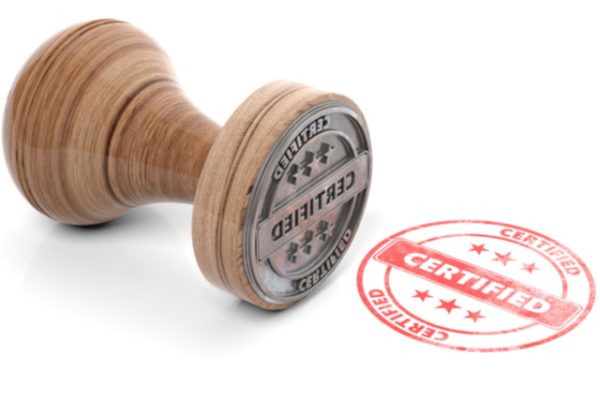
What does US Hemp Authority Certified mean? Does it matter?
Learn More
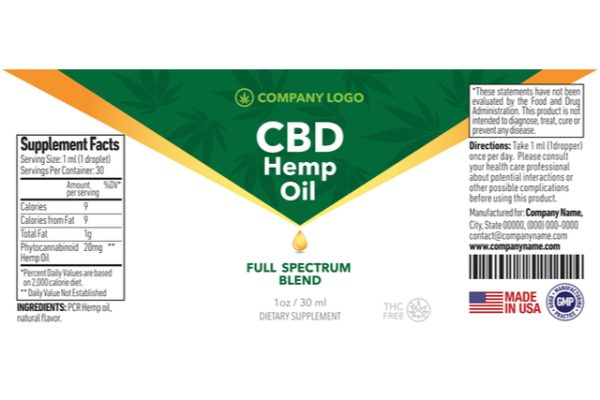
How to Read a CBD Product Label
Learn More
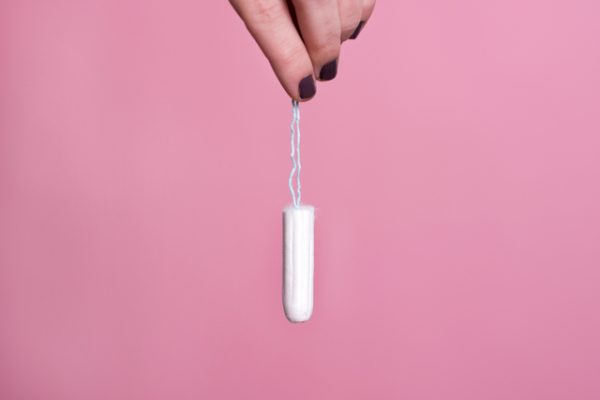
CBD Tampons: A Natural Solution for Period Pain
Learn More

CBD in Pennsylvania: What You Need to Know
Learn More

CBD & Yoga: A Guide to Get Started
Learn More

Everything You Need to Know About CBD Oil in Washington
Learn More
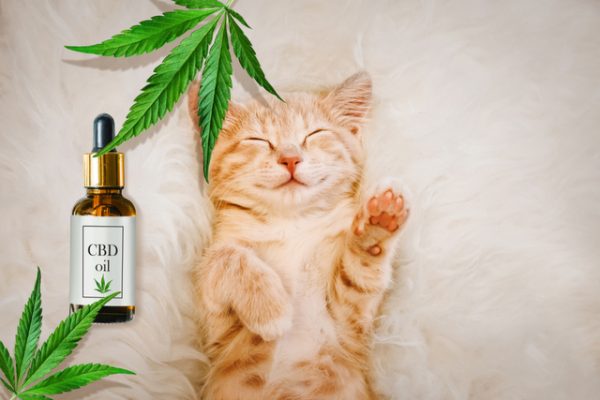
CBD Oil for Cats: What You Need to Know
Learn More
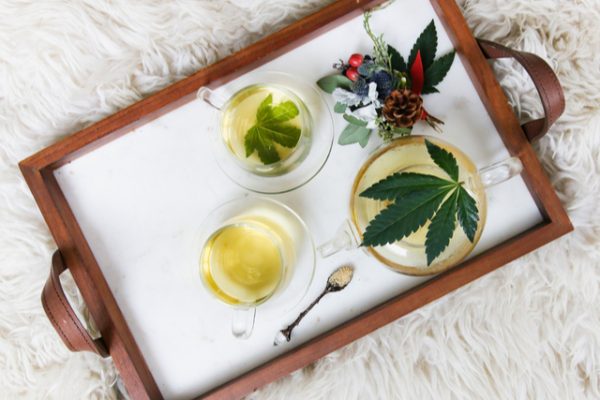
Guide to Hygge and CBD
Learn More
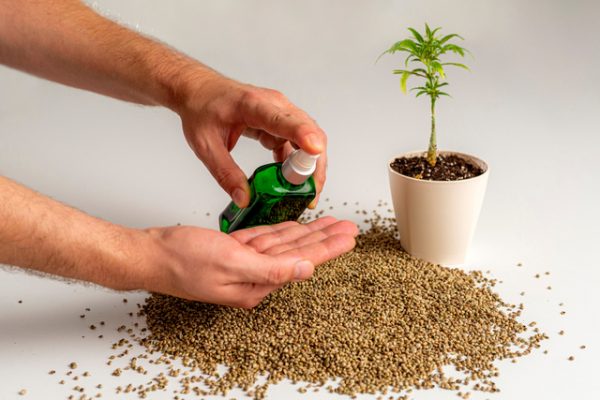
CBD Spray: Everything You Need to Know
Learn More
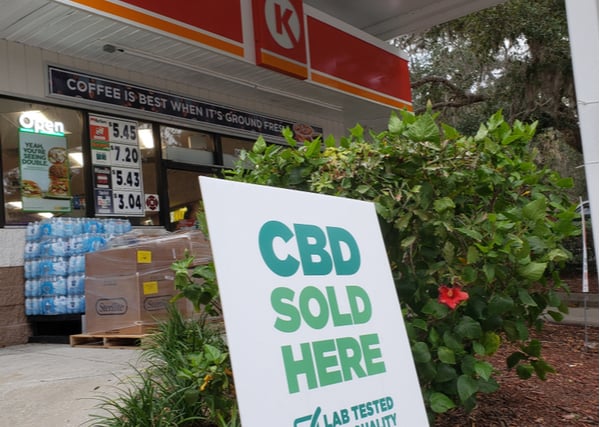
CBD Oil in Florida: Is it Legal?
Learn More
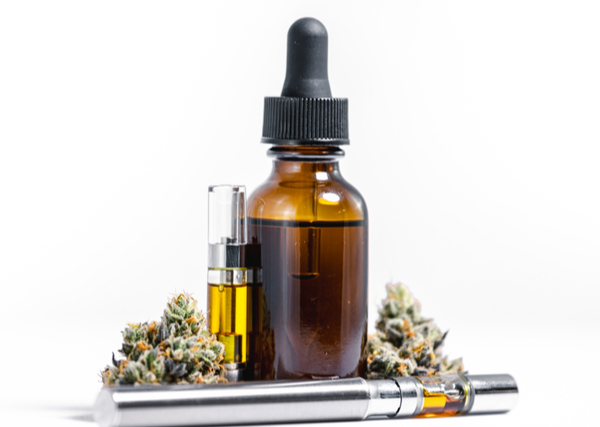
The Difference Between CBD Concentrate & CBD Vape Liquid
Learn More
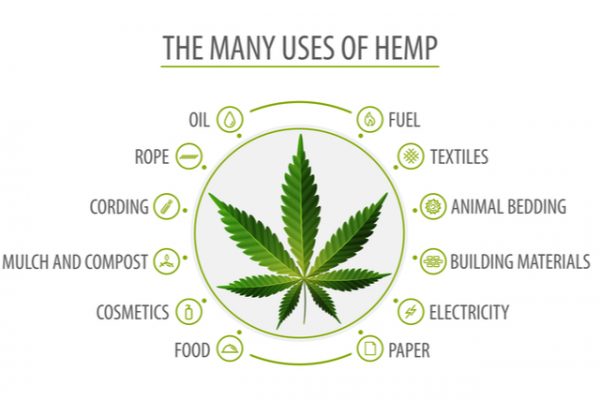
How Hemp Production Benefits the Environment
Learn More
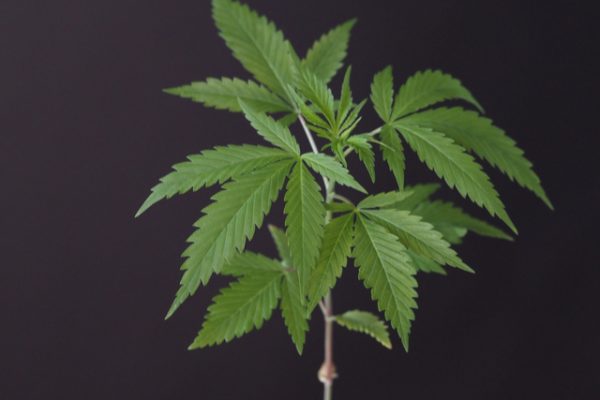
The Anatomy of a Hemp Plant in Today’s Day & Age
Learn More
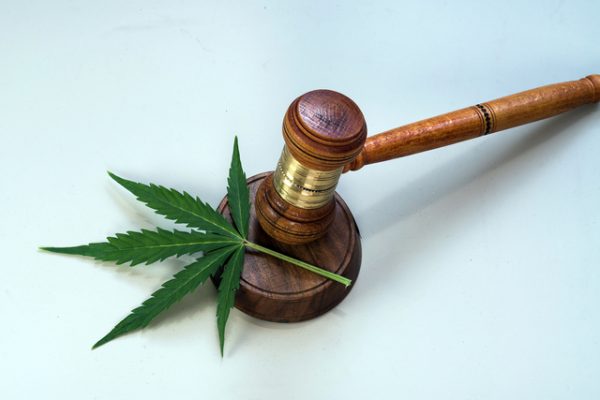
STAY LEGAL! 11 tips for travelling with CBD oil from someone with experience
Learn More
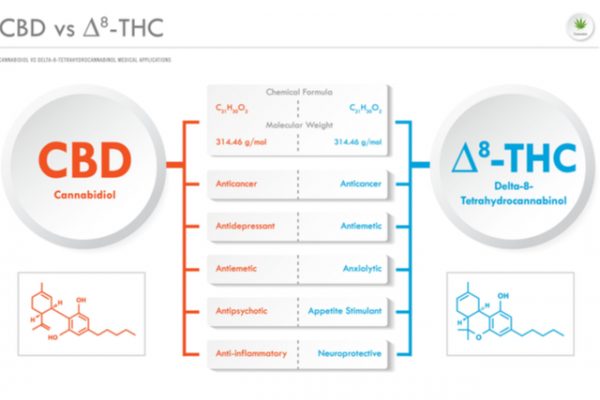
What’s the difference between buying delta 8 and buying CBD?
Learn More
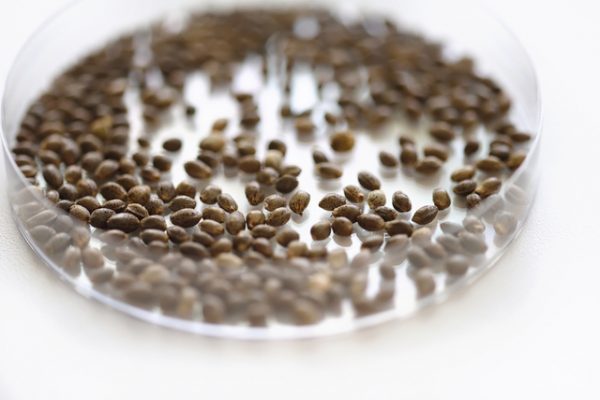
What does seed-to-sale CBD mean?
Learn More
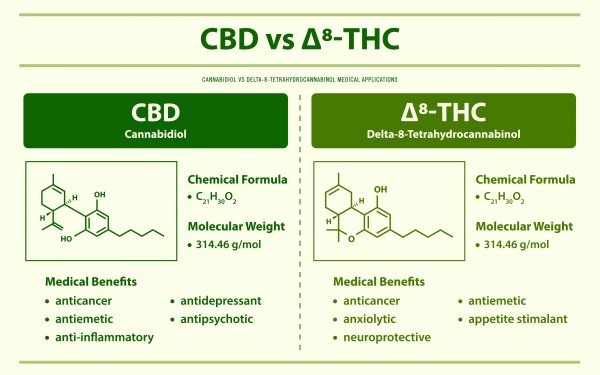
What is delta 8 THC?
Learn More

What’s in My CBD Oil? How to Read a CBD Certificate of Analysis (COA)
Learn More

What You Need to Know About CBD Oil in California
Learn More
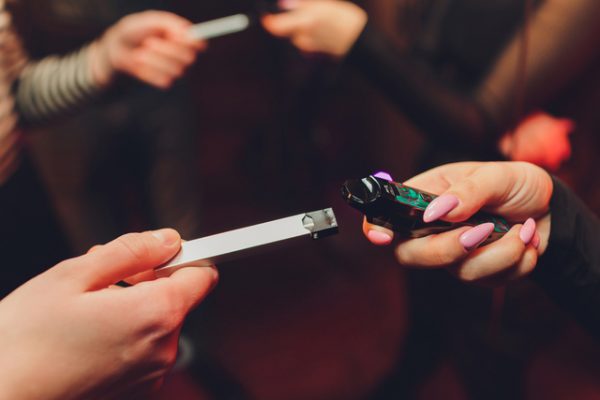
What is Nano CBD? Your Questions Answered
Learn More
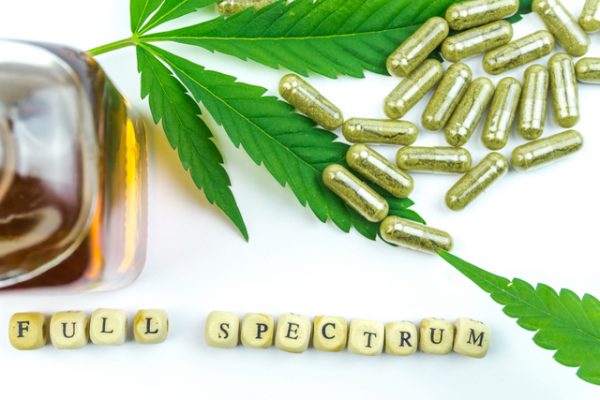
What is Full Spectrum CBD? What You Need to Know…
Learn More
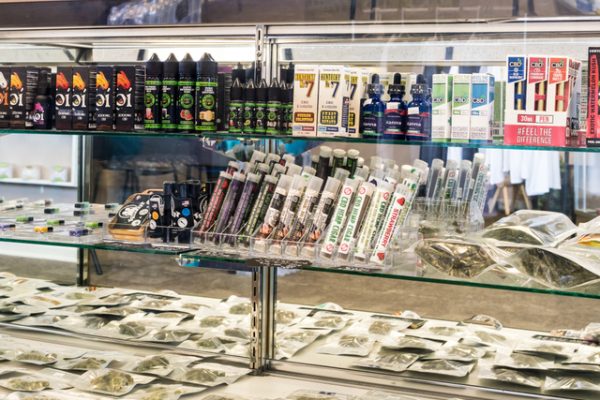
Everything You Need to Know About CBD Oil in Tennessee
Learn More
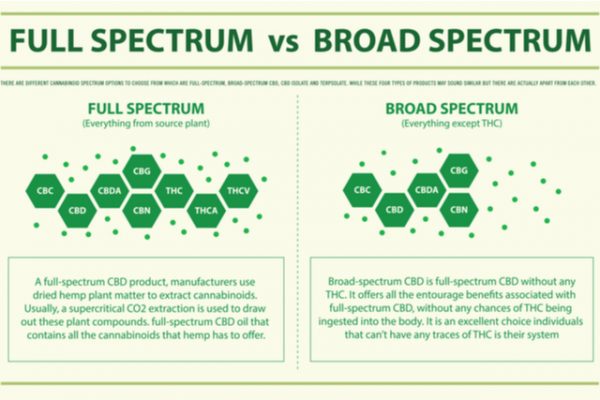
What’s the Difference Between Full Spectrum and Broad Spectrum CBD?
Learn More

Everything You Need to Know About CBD Oil in Virginia
Learn More

Everything You Need to Know About CBD Oil in Georgia
Learn More
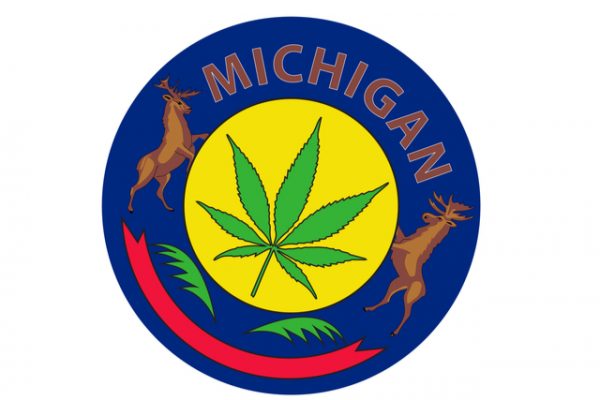
Everything You Need to Know About CBD Oil in Michigan
Learn More
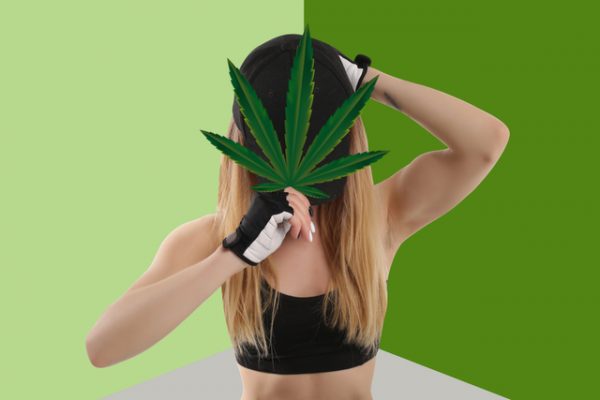
CBD and Soccer: Revolutionizing CBD Use in Sports
Learn More
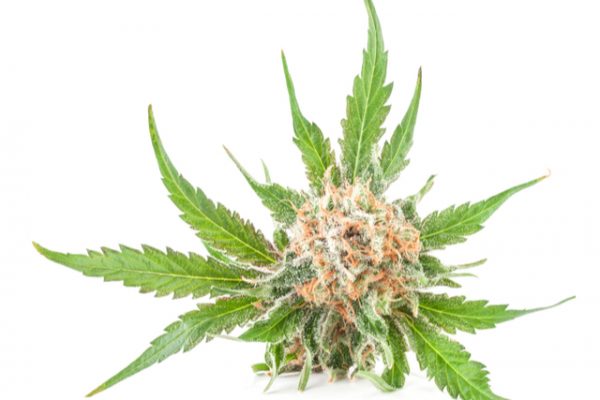
CBD Hemp Flowers
Learn More
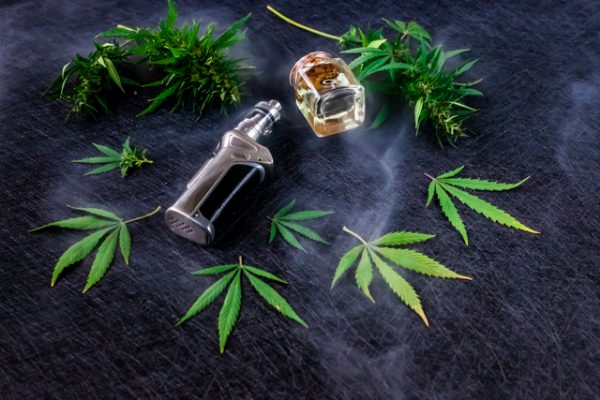
Smoking CBD vs Vaping CBD
Learn More
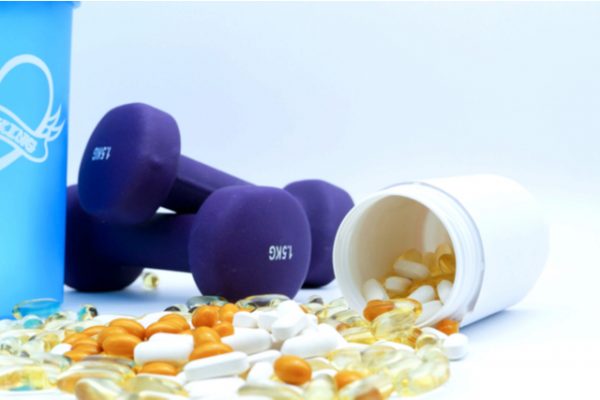
Taking CBD Pre-Workout
Learn More

Everything You Need to Know About CBD Oil in Ohio
Learn More
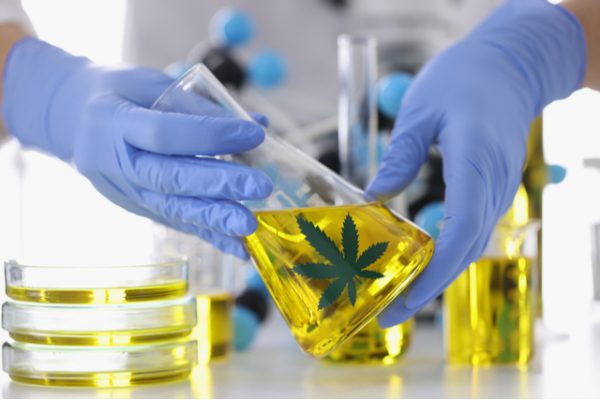
Potential Contaminants in CBD Oil: What You Need to Know
Learn More
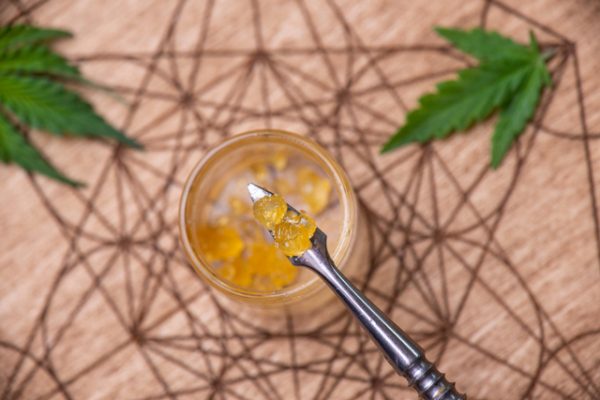
What is CBD Crumble?
Learn More
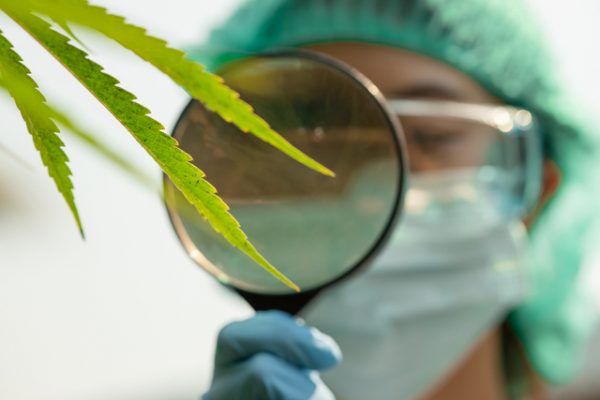
Investigating 2021 CBD Trends
Learn More
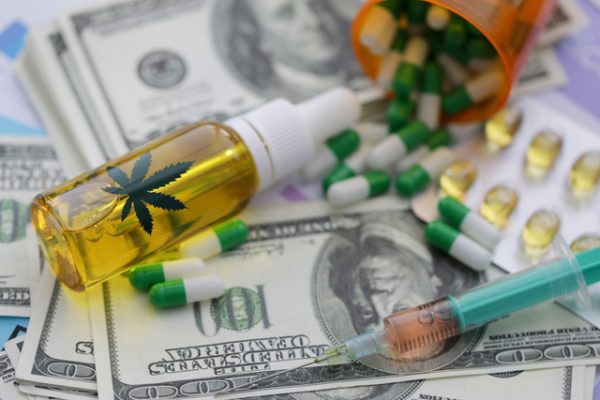
Wonder Why CBD Seems So Expensive?
Learn More

CBD for Golfers: What Every Golfer Needs to Know About Using CBD on The Course
Learn More

CBD for Rock Climbers
Learn More
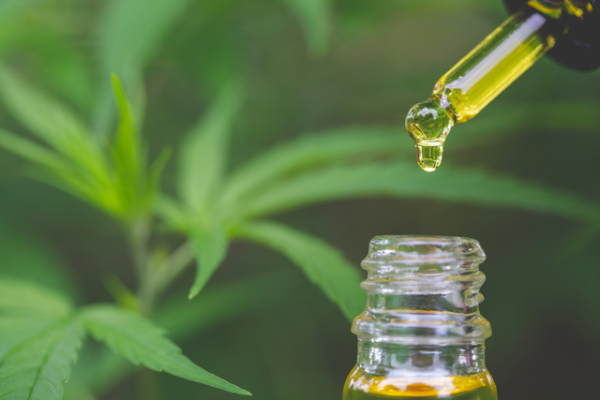
CBD Concentrates for Beginners: How to Get Started
Learn More
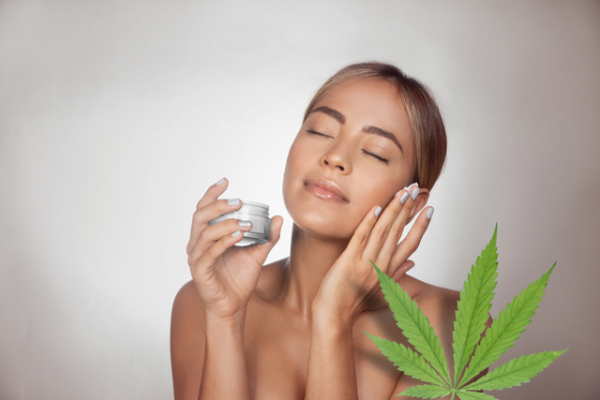
Benefits of CBD for Your Self-Care Practice
Learn More

Is CBD Oil Legal in Texas? | CBD Oil in Texas
Learn More

CBD in Illinois: What You Need to Know
Learn More

CBD for Runners
Learn More

Can you use CBD if you are sober?
Learn More
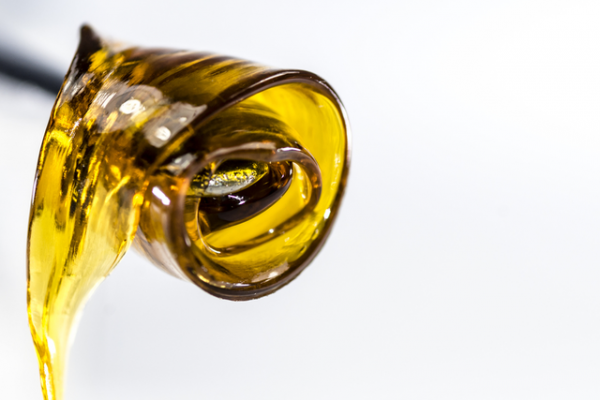
What Is CBD Wax and How to Use It?
Learn More
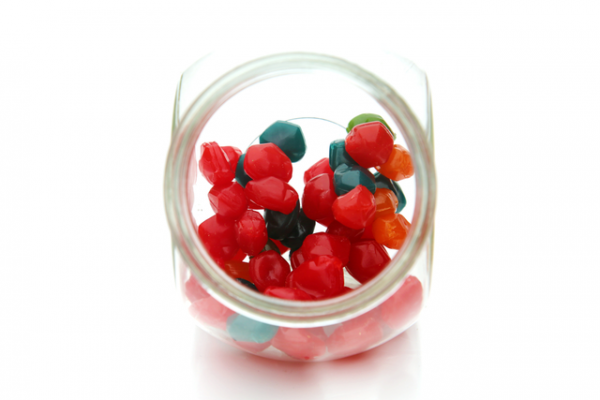
CBD Gum: Does it Actually Work?
Learn More

Everything You Need to Know About CBD Oil in Indiana
Learn More
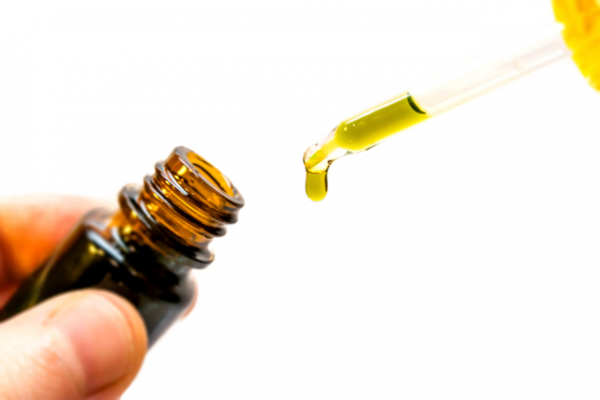
CBD and Parenting: Understanding The Best Options For Your Child
Learn More
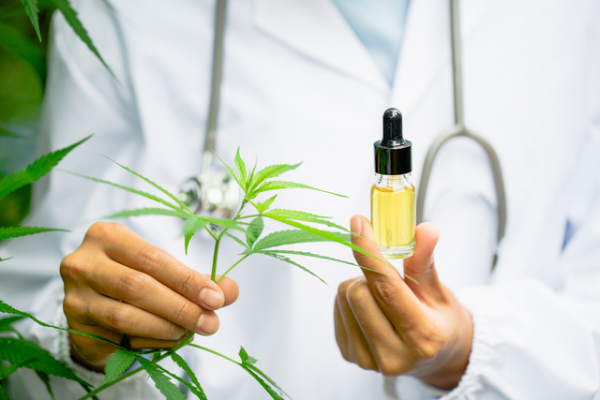
What You Need to Know About CBD & Birth Control
Learn More
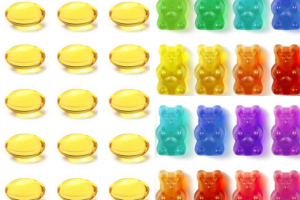
CBD Edibles vs. Capsules: Which Is Better?
Learn More

How Does CBD Oil Impact Cellular Function?
Learn More

A Mysterious Syndrome: What Is Cannabinoid Hyperemesis Syndrome (CHS)?
Learn More
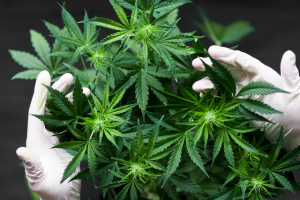
Industrial Hemp vs. High-CBD Marijuana: What It Means for Your CBD
Learn More

Can CBD Oil Help Resolve the Opioid Crisis?
Learn More

The Complete Guide to Cannabinoids
Learn More

What Is CBG?
Learn More

How Long Does CBD Last?
Learn More

CBD Industry Update: First Half of 2019
Learn More
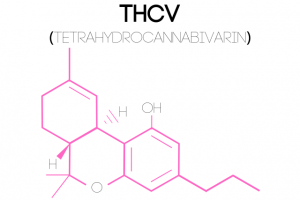
What Is THCV?
Learn More
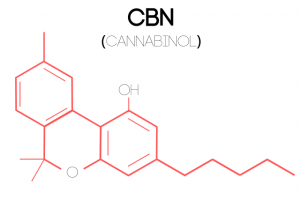
What Is CBN?
Learn More

What is CBC?
Learn More
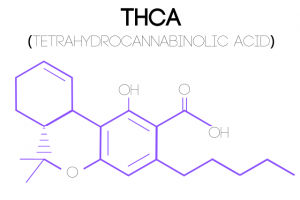
What Is THCA?
Learn More

Can You Use CBD Oil While Pregnant?
Learn More

What is THC?
Learn More
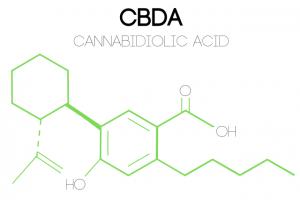
The Many Potential Benefits of Cannabidiolic Acid (CBDA)
Learn More

Plant-Based Medicine vs. Big Pharma: What It Means for Your CBD Oil
Learn More

Combining Essential Oils with CBD Oil: Maximizing the Benefits
Learn More

Can You Build a Tolerance to CBD?
Learn More
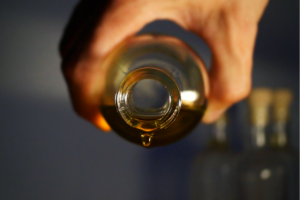
Is Potent Better When It Comes to CBD Oil?
Learn More

Dietary Supplements and CBD Oil: All You Need to Know from Vitamin A to Zinc
Learn More

Terpenes in CBD Oil: Why are they important?
Learn More

Is CBD Oil Legal in My State?
Learn More

Buying Hemp Oil on Amazon: What You Should Know
Learn More

Endocannabinoid Production in the Human Body
Learn More

Cannabis in Canada: The Status of CBD Oil
Learn More

Your Guide to CBD Vape Oils and CBD Vapes
Learn More

7 Tips for Buying CBD Products
Learn More

Guide to CBD Vape Juice, Vape Oil, and E-Liquid
Learn More

CBD Flower: Everything You Need to Know
Learn More

Everything You Need to Know About CBD Oil Drops
Learn More

A Comprehensive Guide to CBD Tinctures
Learn More

CBD Gummies 101
Learn More

The Athlete’s Guide to CBD
Learn More

CBD Oil Microdosing: Everything You Need to Know
Learn More

CBD Oil for Tattoos: Pain, Nerves, and Aftercare
Learn More

CBD Oil vs. Hemp Oil: What’s the difference?
Learn More

Does CBD Oil Have Any Known Side Effects?
Learn More
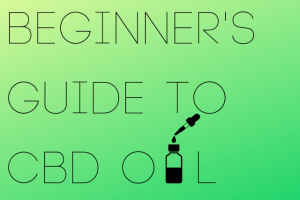
Beginner’s Guide to CBD Oil: How to Take CBD
Learn More

Using CBD Oil to Quit Smoking
Learn More
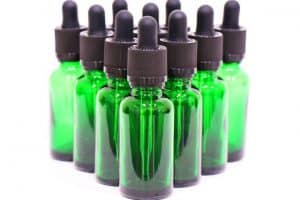
What’s the Difference? CBD Isolate vs. Full-Spectrum CBD Oil
Learn More

Is CBD Oil Safe for Children?
Learn More

The Women’s Guide to CBD Oil
Learn More

Does CBD Oil Affect Your Hormones?
Learn More
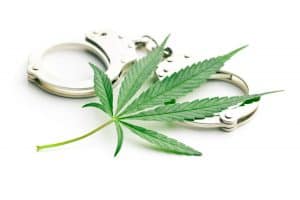
Is CBD a Schedule 1 Drug?
Learn More

Can CBD Oil Help Build Muscle?
Learn More
6 Smart Questions to Ask BEFORE You Buy CBD
Get the Ultimate CBD Buyer’s Guide and you won’t look at CBD the same way again!



 search
search